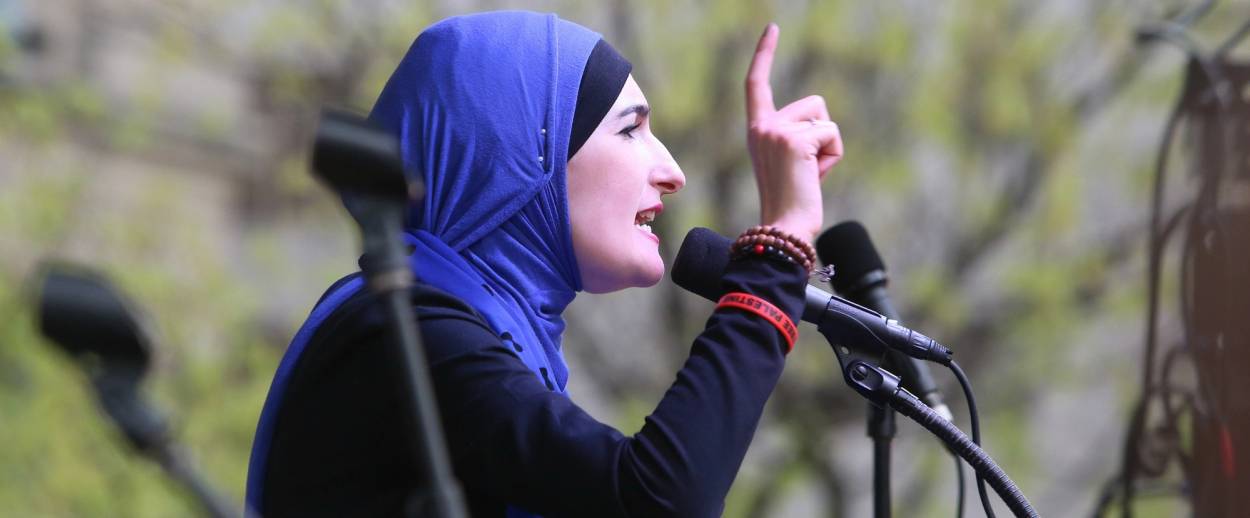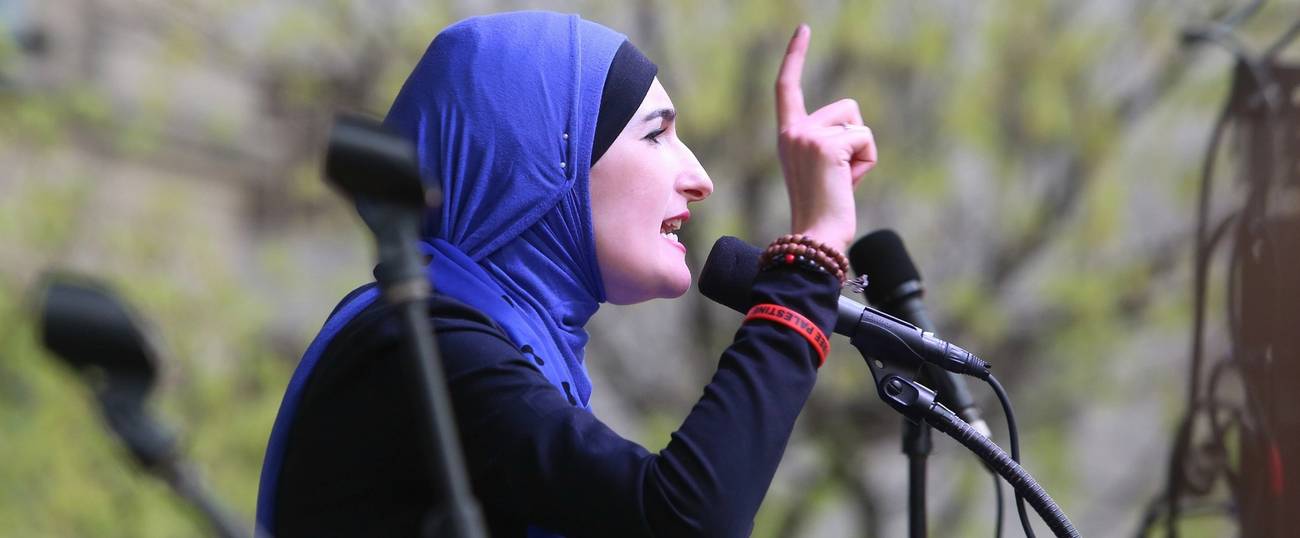Phyllis Chesler, At War With the ‘Faux Feminists’ of the Left
Why do so many so-called progressives cry out against Zionism while accepting so much violence against women elsewhere in the Middle East?




Earlier this month, the UJA Women of the Federation of NY presented Phyllis Chesler with a lifetime achievement award, on which occasion Chesler gave a talk on the problem of what she called Faux-feminism. The respondent was Linda Scherzer, a former CNN news reporter stationed in the Middle East in the 1990s and currently the Director of Community Relations at the Jewish Federation of Greater MetroWest NJ. Together they fielded questions afterwards.
The speech was vintage Phyllis Chesler: Incisive, fearless, and devastating to her “faux-feminists” for refusing to recognize the problems with Islam, thereby betraying their Muslim sisters who are the target of a crushing, veiled war from Muslim men, and compensating for their silence about Muslims with shrill denunciations of Israel for flaws, real and imagined:
A postmodern and postcolonial feminism which passionately condemns Christianity and Judaism as the greatest danger to women’s rights but dares not critique religiously supremacist Islam for this same reason; an intersectional “faux feminism” which condemns only Western imperialism and refuses to acknowledge the long history of Islamic imperialism, colonialism, slavery, anti-black racism, and religious and gender apartheid; a “faux feminism” which is far more concerned with the alleged occupation of a non-existent country, (“Palestine”), than it is with the occupation of women’s bodies, faces, minds, and genitalia world-wide—including those women who are being forcibly face-veiled, death-threatened, and honor killed in the disputed territories; a “faux feminism” which is heartlessly and irrationally anti-Zionist.
They have, Chesler insisted, betrayed both Jewish women and women of color, symbolized by their turning on one of the bravest embodiments of women’s self-empowerment, Ayaan Hirsi Ali, independent woman of color. (The largest group signing the petition protesting the Brandeis award was Women’s Studies).
Anyone who has followed Chesler’s 21st century writings has heard much of this before. The problem is, as she pointed out rather poignantly, very few have heard this, because, starting with her 2003 cri de Coeur about the “new anti-Semitism,” she has been exiled to an American Gulag, reviews of her books going from the front page of the NYT to the recycle bin of books not reviewed. Indeed, behind her laconic remarks lies a painful experience of being marginalized in the movement she had helped launch, cold-shouldered by her sister feminists for her unforgivably “right-wing” attitudes towards Israel. Long before Linda Sarsour came along, the formula was already in play: “You can’t be a feminist and a Zionist.”
Although Chesler had not mentioned Linda Sarsour in her formal address, the co-chair of the Women’s March of January 2017 came up almost immediately in Q&A. How could feminists, Jewish feminists, join ranks with a woman who didn’t hesitate to tell Zionists they could not be good feminists, and that, instead they must show solidarity with the deeply misogynist Palestinian leadership? More than one woman who took the mike talked about their children in college who shy away from defending Israel because, as one put it, “they want to have friends.”
As Chesler recounted her career of trying to draw attention to the dangers of renascent hostility to Jews on the left, I was filled with a deep admiration for her persistence. All the polite and some not-so-polite dismissals by people in positions of influence–Jewish leaders, Israeli officials–all the dismissals for being alarmist, or worse, paranoid, all the loss of friends and colleagues, and worse, the enemies, the dis-invitations, the exclusion from participating in the public debate… She had been fighting the same Sisyphean battle and paying the same psychological price, for thrice as long as I, a Johnny-Come-Lately of the aughts. And here she still was: Clear, morally grounded, sound-minded, not consumed with anger and resentment, still trying to communicate.
When the media pundits and social activists and feminists adopt a scapegoating discourse that Palestinian leaders use in order to blame Israel for the abuse they systematically inflict on their own people and especially their own women, where progressives comply with the demands of faux-moderate Muslims insisting that any criticism of Muslims for how they treat their women is Islamophobic hate-speech, a clear voice like Phyllis Chesler’s is hard to hear indeed.
These are not, however, times for comfort, for easy friendship, for joining popular social-justice peer groups. These are times that call for courage, for integrity, for braving the gulag of faux-progressive exile, for standing tall for real progressive values, no matter what the cost in faux-friends. If not now, when? Certainly, if young women and men want to make a difference in our world, want to contribute to a genuine tikkun olam, they could hardly do better than looking to Phyllis Chesler’s long, productive, passionate, and courageous career for inspiration.
Richard Landes, a historian living in Jerusalem, is chair of SPME’s Council of Scholars and a Senior Fellow at ISGAP. He is the author of Heaven on Earth: The Varieties of the Millennial Experience and Can “The Whole World” Be Wrong?: Lethal Journalism, Antisemitism and Global Jihad. He’s at Richard-Landes.com and on X @richard_landes.